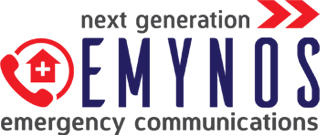EMYNOS Partners
The EMYNOS framework will be implemented by partners with complementary expertise (telecom/satellite operators, VoIP provider, eCall testers, end users), which together form the chain for the provision of emergency services and which will deliver the EMYNOS demonstrator that will be validated in operational environment.
Fraunhofer FOKUS (Coordinator)
The Fraunhofer Institute for Open Communication Systems FOKUS is located in Berlin and has a track record of over 20 years research and development of communication and integration solutions in the fields of telecommunications, automotive, eGovernment, software development, and emergency services. It researches and develops demand-oriented solutions for industry, contract research and public administration in the area of:
- Civil security, public Alerting and social media
- Consultancy for the public authorities about security and safety of disabled persons
- Data science
- Architectures and protocols for future communication networks and platforms
- Interactive technologies for individual and community-type applications
- Cloud based services
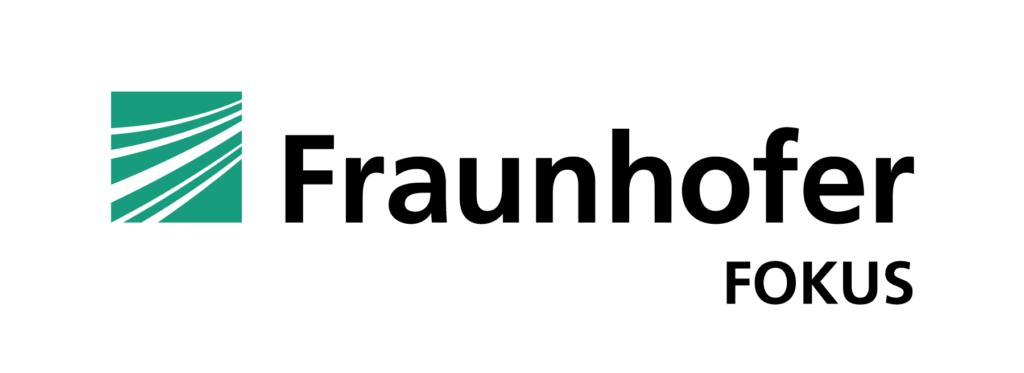
TEIC (Technical Coordinator)
The Technological Educational Institute of Crete (TEI of Crete) is a higher education and research organization, founded in 1983 by the Hellenic Ministry of Education. It is now comprised of 17 Departments in a variety of scientific and technological disciplines including management and economics, health and welfare services, agricultural and environmental technology, electronics, mechanical engineering, computer and informatics engineering, while many of the curricula are multidiscipline in their structure. TEI of Crete is a thriving academic community with an expert faculty of about 400 members, over 300 administrative and technical staff and approximately 12000 students.
In EMYNOS project, TEIC participates via the PASIPHAE laboratory, of the Informatics Engineering department, in the school of Applied Technology. PASIPHAE staff possesses extensive research and development experience in information technology & telecommunications, Social Informatics, data mining and Analytics, wireless and mobile communications, as well as know-how in field-trials and experimental test-beds under real conditions (large-scale deployed platforms with actual end-users)
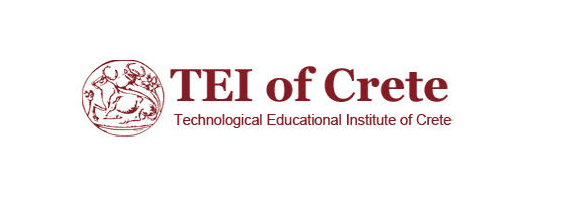
Austrian Red Cross
Austrian Red Cross (ARC) is a non-profit organization based on the Red Cross law in Austria. It is guided by the fundamental principles of the Red Cross Movement and it implements its humanitarian activities with the help of volunteers and employees. Through its activities, ARC aims to help the most vulnerable in society, both at national as well as at international level. In Austria, ARC has a network of around 57.000 volunteers and 8.300 employees, and at the headquarters it employs around 500 staff members. ARC is the Austrian member of the International Red Cross and Red Crescent Movement. ARC is mandated by authorities at all levels (district, regional, national) to be in charge of c&c of emergency medical and psychosocial situation. In the field of civil protection ARC is providing the following services to the public – mandated by law – all over Austria: Emergency Medical Services, Ambulance Services, First-Responder Services, Humanitarian disaster relief, Psychosocial Support, First Aid-Training for the population, Paramedic-Training.
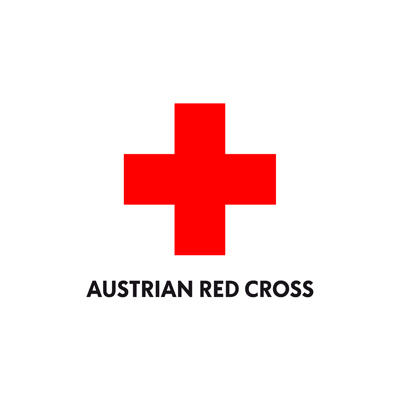
Harpo
Harpo is a Polish limited liability company (SME) established in 1985. It has been delivering solutions for visually and print impaired people since 1988. Harpo is a recognised research centre for assistive technology. Many of the projects lead by Harpo were contracted by the Polish State Committee for Scientific Research and Ministry of Science. Most of these projects concluded with new products produced by Harpo. Many of the products are distributed worldwide.
Thanks to Harpo’s own research they were able to develop many successful products for blind and profoundly disabled people and also a network of international partners to distribute the equipment. On top of its own developments the company has been bringing products from developed countries to Polish customers. At present Harpo is a leader on the market of electronic and computer equipment for the disabled in Poland.

Hellenic Open University
Hellenic Open University (HOU) is a Public University founded by the Greek Government in 1992 and fully operational since 1997. Its prime mission is to offer university level education using distance learning methodology and to develop the appropriate material and teaching methods. An equally important aim is the promotion of scientific and applied research in the field of distance and lifelong learning. HOU is comprised of four schools, namely, School of Science and Technology, School of Humanities, School of Social Sciences, and School of Applied Arts.
The CONES (Converged Networks and Services) Research Group of HOU is located in Patras, Greece. CONES operates under the School of Sciences and Technology of the Hellenic Open University (HOU). Research in the CONES Research Group at HOU is concerned with Future Internet architectures (co-operative communications, cognitive networks, autonomic communications, energy-efficient systems), media optimisation solutions across heterogeneous networks and Advanced Cloud Computing Infrastructure and Services. The research group consists of one faculty member, 2 post-docs, 4 PhD students and 4 collaborative researchers.

MCS Data Labs
MCS Data Labs is a German SME specialized in the representation of complex content and the development of innovative solutions enabling structured and unstructured information of large data – sets ( Big Data ) to be better mapped and easily accessible. In fact, MCS Data Labs has a solution called “MCS-analytics” which is its new flagship combining a long and rich experience in web design with the analysis of data flowing from various sources such as social media and sensors in order to deliver the next generation of data visualization. The MCS analytics uses new big-data platforms based on (map-reduce) parallel programming With such expertise, MCS Data Labs will support the project by specifying and implementing the Emergency Coordination Center and using new analytics techniques to integrate and better visualize the data flowing from the social media and the rescue teams members that are on the emergency scene.

NavCert
NavCert is a technical service provider offering testing, verification, validation and certification in the fields of positioning, navigation and communication worldwide. The enthusiastic NavCert team offers a dependable and high quality service behind a strong logo and its services are complemented with detailed knowledge of navigation and localization applications and of the European Satellite Navigation System Galileo. NavCert offers consultancy support, testing and certification of inertial, terrestrial, satellite-based and hybrid navigation systems.

PSCE
Finding its origins in the project supported by the European Commission (DG INFSO) in 2006, the Public Safety Communication Europe Forum (PSCE) is a permanent autonomous organisation aiming at improving provision of public safety services and the safety of the citizens during crisis and emergency situations. PSCE provides a common platform for researchers, industry and users to meet and network, learn about technologies used for public safety and influence policy makers at European level.
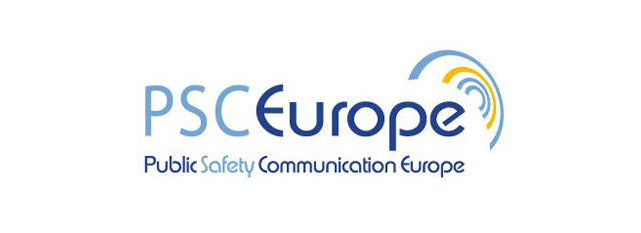
Special Telecommunication Service
Special Telecommunication Service is the 112 operator in Romania. The STS manages, operates and develops IT&C services, cooperates and supports all institutions in order to harmonize and ensure compatibility of their communication systems.STS administrates the Single National Emergency Call System (SNECS), an operative and integrated IT&C system, designed to notify, receive, process and transfer the emergency calls to the requested services, in a centralized and unitary way through multiple integrated functions: the same 112 application and GIS system at all PSAPs, centralized database for Automatic Number Identification, centralized AVLS solution, centralized mobile location positioning system and centralized technical administration that are fully interoperable between levels (PSAP – SPSAP – substations), and unique case data format at all levels. SNECS provides semantic modeling for practical emergency scenarios which means the check list with necessary actions, using the same common operational picture (same graphical interface and functions) and predefined action plans for cooperation during interventions.
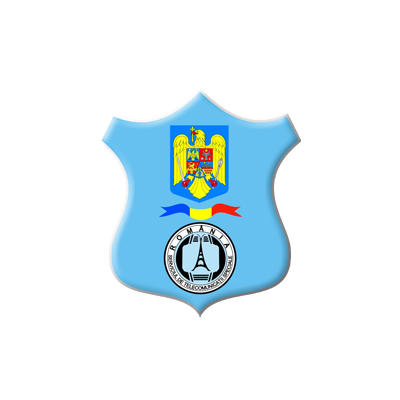
Turksat
As a semi-public semi-private ICT company in Turkey, Turksat has well established network structures for public institutions including back-up and disaster recovery services, as well as fixed secure network services for government agencies and staff. Turksat provides the national portal and gateway for government-to-citizen (including disabled and other disadvantaged people) and government-to-government interoperable data exchange and service provision, some of which are associated with security issues. Turksat also has a cable TV network for households and individual end users. All these services also have all the related call center operations.
In addition to the e-government operations in Turkey, Turksat is also responsible for related m-government operations to provide government-to-citizen services, using mobile infrastructures and devices. Furthermore, Turksat is involved in various m-governance projects that aim to enhance the participation and involvement of citizens in central and local policy-making processes and other public affairs. As the penetration rate of mobile technologies and mobile internet usage is quite high in Turkey (EU Egovernment Benchmarking report 2014), the role of Turksat in the operation of mobile services is foreseen to expand and diffuse year by year in the near future.
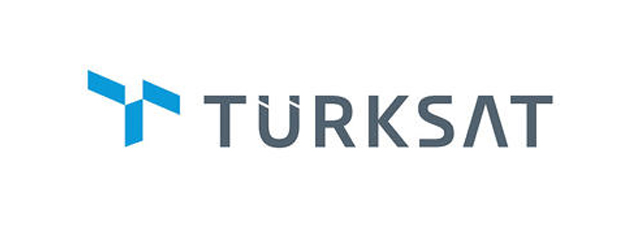
VozTelecom
VozTelecom, a young and fast growing Spanish company founded in February 2003 with currently ten employees. Since its establishment it has set up the first European interconnected SIP network, providing Hosted Internet Telephony Services to SOHO & SME, and begun their advanced Web-SIP Application Server development. The first PoP has been set-up in Madrid to provide services into the Spanish market, and during 2004 a European roll-out is planned, in order to offer services in major European markets and most developed Latin America ones. Through its self-developed service platform, VozTelecom will enable third-party providers to offer their application level services on top of VozTelecom’s SIP infrastructure.
VozTelecom acts both as a provider of VoIP platforms which requires efficient emergency services provision. So far, VozTelecom clients configure their location in their clients’ area. That location is done per site, so, each different site of a company may have a different location. When a user dials 112 (or any of the other emergency services), VozTelecom translates that number to the corresponding PSTN number based on the client’s defined location. Then the call is routed via VozTelecom normal termination providers. VozTelecom always takes into account the defined location in the clients’ area, and they cannot dynamically determine it if a user is in “roaming”.

